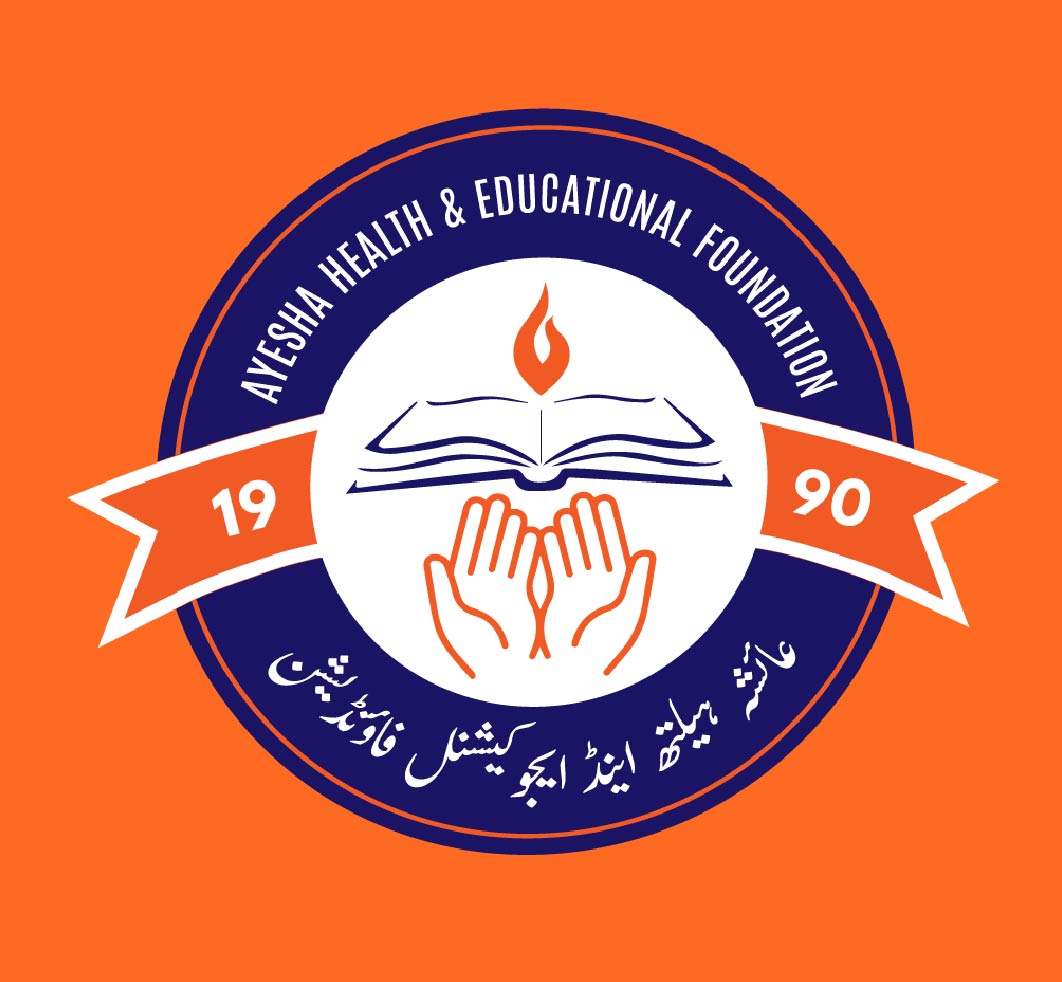The Aaisha Foundation also organized flood relief camps where the affected people requiring critical help were given all necessities. The camp was to focus on giving out basic needs which include food, clothes, shelter, tents, and medicine to the people affected by flood in order to help them bring back life into their lives. Thus the flood relief camps and other activities fulfilled the requirement of the foundation and helped it to gather funds for the purpose.
To attain the objectives, the Aaisha Foundation had arranged several medical camps in various areas, including Sindh and South Punjab. These disaster relief camps offered medical care to the flood victims which was made available at no cost and delivered treatment for water and vector borne diseases like malaria, dengue, typhoid fever and diarrhea. The medical teams for flood relief camp Pakistan included male and female doctors, nurses, and pharmacists who provided a wide range of services, including: The medical teams included male and female doctors, nurses, and pharmacists who provided a wide range of services, including:
.jpg)
- Free Consultations: It involved consultations with the health caregivers in the diagnosis and treatment of clients’ ailments.
- First Aid: Nurses were able to attend to minor injuries and illnesses from patients as soon as these occurred.
- Life-Saving Medicines: They acquired needed prescribed medicines and drugs for effective control of their diseases and illness.
- Hepatitis B & C Screenings: The investigations carried out were to determine the presence or otherwise of Hepatitis B and C.
- Typhoid and Malaria Tests: This is after taking a blood test that would help the doctors decide whether to treat the patient for typhoid or malaria.
- Blood Sugar Random (BSR) and Blood Pressure Checkups: The patient check-ups included those of blood sugar and hypertension.
- Cholesterol and Uric Acid Tests: The patients were subjected to cholesterol and uric acid tests with the view of checking on their health status.
Besides offering general medical services, the Aaisha Foundation focused on notifying the community through sessions that focused on prevention of diseases. These sessions focused on: - Skin Infections: Doctors instructed people on avoidable measures of skin infection, or what to do when they occurred.
- Water-Borne Diseases: Patients were given sessions on how they could minimize or prevent themselves from contracting water borne diseases like diarrhea and cholera.
- Hygiene: Concerning general hygiene, the need to wash and groom oneself was encouraged in order to avoid spreading diseases.
- Water Contamination: They were taught how to avoid some water sources that could easily cause water-borne diseases.
- Malaria and Dengue: Malaria and Dengue health messages included advice from the health fraternity on measures that could be taken to avoid or manage the two diseases.
.jpg)
The Aaisha Foundation also organized flood relief camp Pakistan to help flood victims with some basic needs. Each food pack contained all the necessary items for a family to survive, including:
â—Food: Raw materials for packing such as polythene bags, cartons, and any other packing material that has been used in packing food that has a longer shelf life such as rice, wheat, and pulses.
â—Clothes: These include dresses, shirts, pants, trousers etc which are basic clothing needs of almost every individual.
â—Shelter: Tents and other types of shelter materials for acting as temporary homes for the affected people.
â—Medicine: Medications required to control and treat certain illnesses or diseases.
â—These floods would have created havoc but thanks to the Aaisha Foundation those thousands of people benefited greatly. The foundation initiated several flood relief camps all over Sindh and South Punjab; at least 19,000 and 18,000 food and medical aids pack distributed in Sindh and South Punjab respectively.
.jpg)
The Aaisha Foundation's disaster relief camp teams consisted of a total of 20 members, including: The Aaisha Foundation's flood relief camp teams consisted of a total of 20 members, including:
â—One Supervisor: Supervising the entire running of the camp.
â—Six Doctors: Writing medical prescriptions and giving advice in relation to physical ailments.
â—Two Pharmacists: Prescribing drugs and giving counsel on medical and health concerns.
â—Two Lab Technicians: Screening and assessing outcomes.
â—One Female Nurse: Offering nursing care and support services.
â—Three Registrars: Patient record management, appointment scheduling and coordination of the column.
â—One Photographer: Recording the various activities and services in the camp.
â—Four Crew Workers: Helping in arranging the camp and also performing all other related chores.
.jpg)








